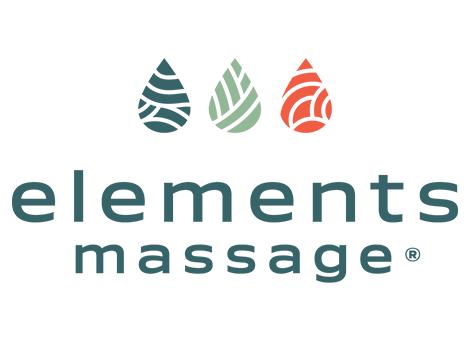Muscle tension refers to the condition in which muscles remain semi-contracted for an extended period. It can be a response to stress, overuse, or injury. Excessive muscle tension can lead to discomfort, fatigue, tightness, and could potentially affect muscle tone negatively. Regular massage therapy can play a pivotal role in reducing this muscle tension, thereby contributing to improved muscle tone (Field, 2014).
Mechanisms of Massage in Reducing Muscle Tension
Massage therapy applies pressure and manipulation to soft tissues, resulting in relaxation and a reduction in muscle tension. The mechanisms behind these beneficial effects include:
-
Neurological Relaxation: Massage therapy influences the nervous system, promoting a relaxation response. This response leads to a decrease in muscle tension, as it suppresses the release of stress hormones like cortisol while promoting the release of endorphins, the body's natural painkillers (Field, 2010).
-
Breaking Down Adhesions: With chronic tension or following injury, muscle fibers may form adhesions - bands of rigid tissue that can affect circulation, limit movement, and cause pain. Massage can help break down these adhesions, restoring flexibility, and reducing tension (Goats, 1994).
-
Stretching and Elongation of Muscle Fibers: The application of specific massage techniques can help stretch and elongate tight muscle fibers, promoting relaxation and reducing muscle tension (Weerapong, Hume, & Kolt, 2005).
Scientific Evidence on Massage and Muscle Tension Reduction
Research supports the efficacy of massage therapy in reducing muscle tension. A study by Moraska et al. (2010) found that individuals receiving massage therapy experienced a significant decrease in muscle tension and reported lower levels of anxiety and improved mood, contributing to overall muscle relaxation.
While massage therapy is a powerful tool for reducing muscle tension, it's important to consider it as a part of a broader wellness strategy. Incorporating other stress management techniques, such as regular exercise, adequate sleep, and a balanced diet, can further support muscle health and tone.
References
- Field, T. (2010). Touch for socioemotional and physical well-being: A review. Developmental Review, 30(4), 367-383.
- Field, T. (2014). Massage therapy research review. Complementary therapies in clinical practice, 20(4), 224-229.
- Goats, G. C. (1994). Massage--the scientific basis of an ancient art: Part 2--physiological and therapeutic effects. British Journal of Sports Medicine, 28(3), 153-156.
- Moraska, A., Pollini, R. A., Boulanger, K., Brooks, M. Z., & Teitlebaum, L. (2010). Physiological adjustments to stress measures following massage therapy: a review of the literature. Evidence-Based Complementary and Alternative Medicine, 7(4), 409-418.
- Weerapong, P., Hume, P. A., & Kolt, G. S. (2005). The mechanisms of massage and effects on performance, muscle recovery and injury prevention. Sports Medicine, 35(3), 235-256.

